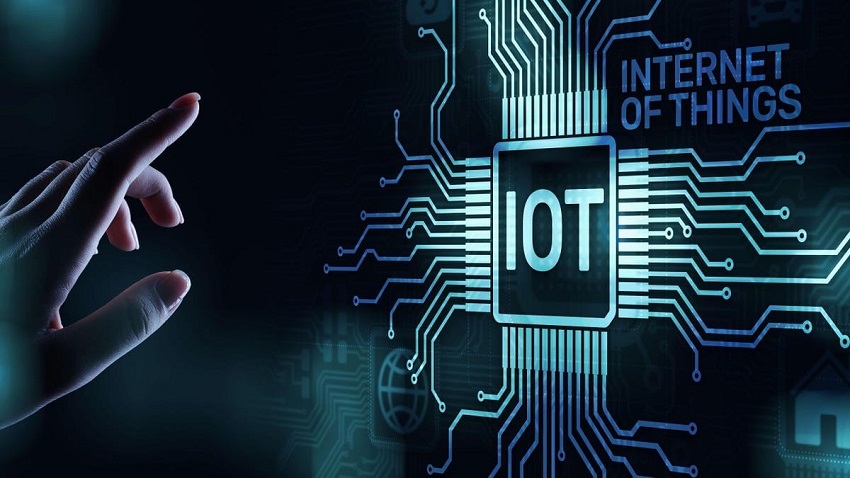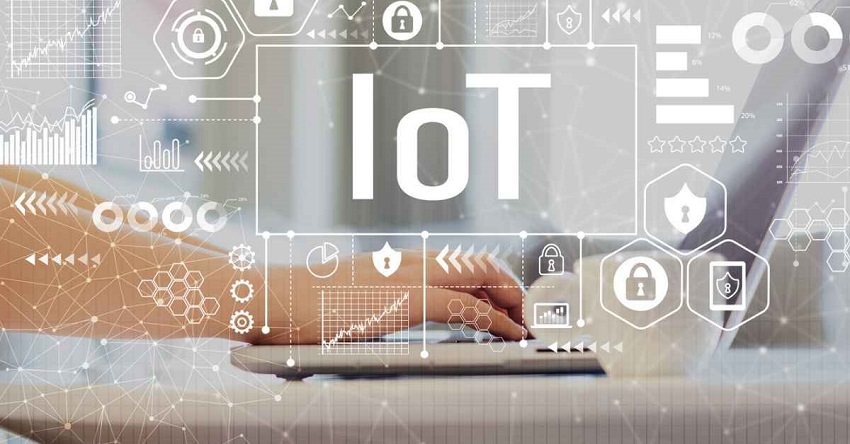
05 Jul What Does the Internet of Things (IoT) Enable?
The Internet of Things (IoT) has revolutionized the way we live and interact with technology. It refers to the network of interconnected devices that can communicate and exchange data with each other through the internet. This technology has opened up a world of possibilities and has the potential to transform various aspects of our lives. In this article, we will explore what the Internet of Things enables and how it impacts different industries and everyday experiences. This content is presented by https://www.arqweb.com/
Introduction to the Internet of Things (IoT)
The Internet of Things is a concept that involves connecting everyday objects to the internet, enabling them to send and receive data. These objects, known as “smart devices,” can range from household appliances and wearable devices to industrial machinery and vehicles.
Enhanced Connectivity and Communication
One of the key benefits of IoT is the enhanced connectivity and communication it provides. With IoT-enabled devices, we can establish seamless connections between various devices and control them remotely. For example, smart homes equipped with IoT devices allow homeowners to control their lights, thermostats, and security systems using their smartphones. Find out how does 5g technology enhance the internet of things iot.
Improved Efficiency and Automation
IoT enables improved efficiency and automation in different industries. By collecting and analyzing data from connected devices, businesses can optimize their processes, reduce costs, and enhance productivity. For instance, in manufacturing, IoT sensors can monitor equipment performance in real-time, enabling predictive maintenance and minimizing downtime.
Smart Cities and Infrastructure
IoT plays a crucial role in building smart cities and infrastructure. By integrating sensors and smart devices throughout urban areas, cities can improve public services, manage resources efficiently, and enhance the overall quality of life for residents. For example, smart traffic management systems can optimize traffic flow, reduce congestion, and enhance road safety.
Healthcare and Wearable Devices
IoT has revolutionized the healthcare industry by introducing wearable devices and remote patient monitoring systems. These devices can collect vital health data and transmit it to healthcare professionals in real-time, enabling timely interventions and personalized treatments. IoT-enabled devices also empower individuals to take control of their health and well-being.
Agriculture and Smart Farming
In the agricultural sector, IoT has opened up new possibilities for smart farming. Farmers can use IoT sensors to monitor soil moisture, temperature, and other environmental factors to optimize irrigation and enhance crop yields. Additionally, IoT-enabled drones can help monitor crop health, detect diseases, and apply targeted treatments.
Transportation and Logistics
IoT has transformed the transportation and logistics industry. Connected vehicles equipped with IoT technology can provide real-time data on traffic conditions, optimize routes, and enhance fuel efficiency. Furthermore, IoT-enabled tracking systems enable precise tracking and monitoring of shipments, reducing the risk of loss or theft.
Safety and Security
The Internet of Things has also contributed to improving safety and security in various domains. Smart surveillance systems can detect and respond to security threats more effectively, while IoT-enabled home security systems provide homeowners with remote monitoring and control. Additionally, wearable devices with built-in safety features can alert emergency services in case of accidents or medical emergencies.
Environmental Impact and Sustainability
IoT can play a significant role in addressing environmental challenges and promoting sustainability. By monitoring energy usage, optimizing resource allocation, and enabling smart grids, IoT helps reduce energy consumption and minimize waste. Smart buildings equipped with IoT technology can adjust temperature and lighting based on occupancy, further contributing to energy efficiency.
Conclusion
The Internet of Things is transforming the way we interact with technology and the world around us. It enables enhanced connectivity, improved efficiency, and automation across various industries. From smart homes to smart cities, IoT has the potential to make our lives more convenient, efficient, and sustainable.
FAQs (Frequently Asked Questions)
- How does the Internet of Things work?
The Internet of Things works by connecting devices to the internet and allowing them to communicate and exchange data. These devices are equipped with sensors, processors, and network connectivity to enable data collection and sharing.
- Are there any privacy concerns with IoT devices?
Yes, privacy concerns are one of the key challenges associated with IoT devices. Since these devices collect and transmit data, there is a risk of unauthorized access and misuse of personal information. It is important to implement robust security measures and ensure data protection when using IoT devices.
- Can IoT devices be hacked?
Like any connected device, IoT devices can be vulnerable to hacking if proper security measures are not in place. Manufacturers and users should prioritize security features such as strong encryption, authentication protocols, and regular software updates to mitigate the risk of hacking.
- What are some popular IoT devices available in the market?
There are numerous IoT devices available in the market today. Some popular examples include smart speakers like Amazon Echo and Google Home, smart thermostats like Nest, wearable fitness trackers like Fitbit, and connected home security systems.
- How is IoT contributing to sustainable development?
IoT contributes to sustainable development by enabling more efficient use of resources, reducing energy consumption, and promoting environmental monitoring and conservation. Through smart grids, smart buildings, and optimized resource allocation, IoT helps create a more sustainable future.

No Comments